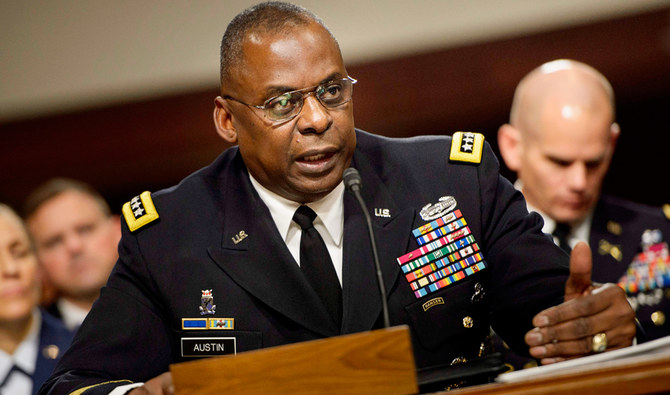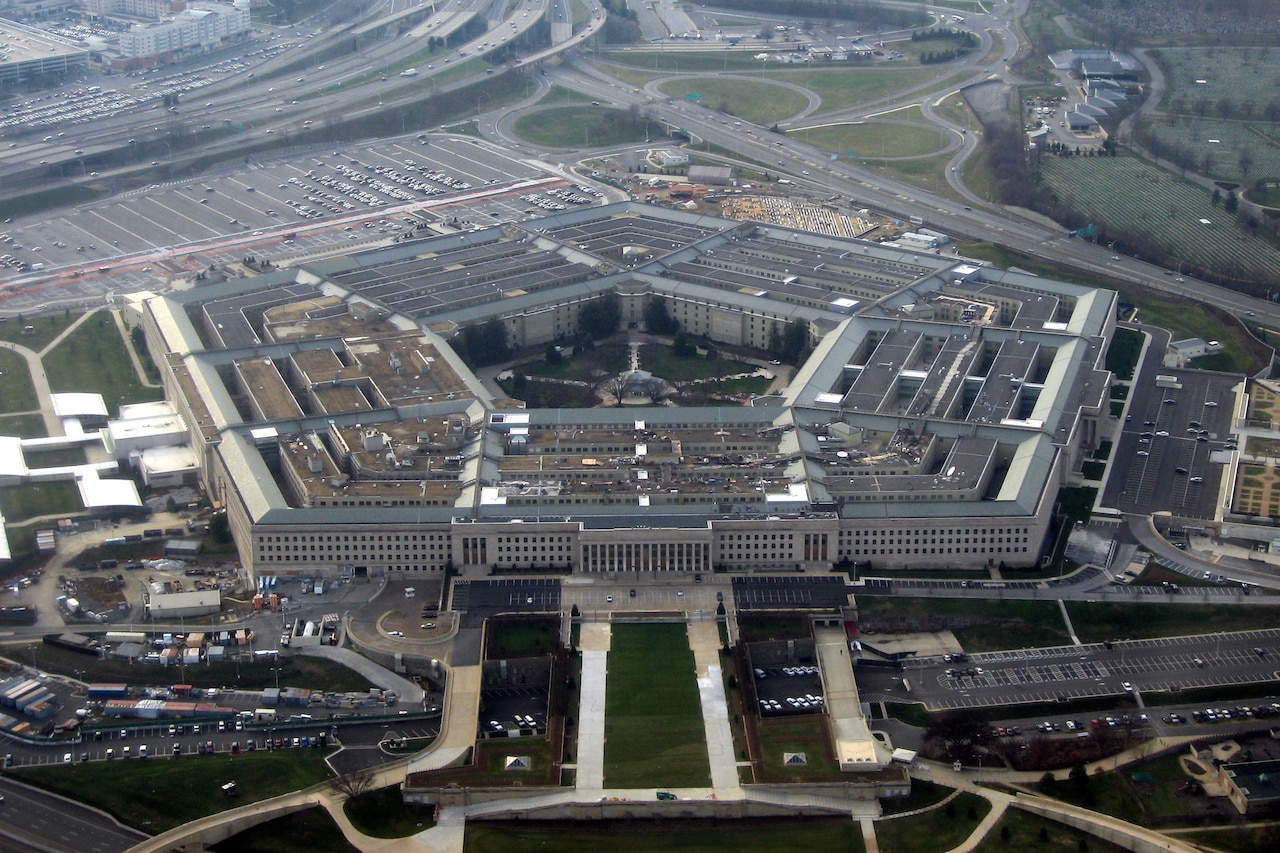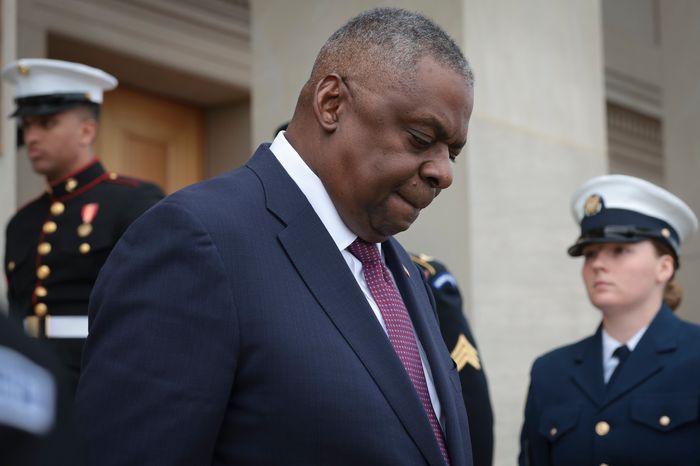Defense Secretary Lloyd Austin recently addressed the public in a news conference, acknowledging and apologizing for the mishandling of communication surrounding his prostate cancer treatment.
Austin expressed regret for not promptly informing President Biden and the American public about his diagnosis, admitting fault, and taking full responsibility for the oversight.
Admission of Mistake and Apology
“I want to be crystal clear: We did not handle this right. And I did not handle this right. I should have told the president about my cancer diagnosis. I should have also told my team and the American public, and I take full responsibility,”
Austin stated during the press conference. He emphasized the importance of transparency and apologized to his colleagues and the American people.

Austin, who entered the briefing room with a visible limp, assured that there was no breakdown in the military chain of command during his treatment.
He explained that the news of his cancer diagnosis shook him, and his initial instinct was to keep it private due to his nature as a private individual.
However, he acknowledged the consequences of holding back such information, especially given his public position.
Read More: UAW President Counters Trump’s Criticism with Strong Endorsement of Biden
Apology to President Biden and Congressional Scrutiny
Austin revealed that he apologized to President Biden for not immediately informing him of the diagnosis.
He praised Biden’s response, describing it as gracious and warm-hearted.
The defense secretary’s unannounced hospitalization, undisclosed to the media and senior administration officials for days, raised concerns about transparency within the Biden administration.
The House Armed Services Committee has called on Austin to testify regarding the failure to notify key government leaders, and Republicans have criticized the Pentagon’s handling of the situation.
Austin, addressing these concerns, clarified that he never directed anyone to keep his hospitalization from the White House.
Learning from the Experience
Reflecting on the situation, Austin acknowledged his inclination towards privacy and the need to balance it with the expectations of transparency in his public role.
He stated, “I’ve learned from this experience, that taking this kind of job means losing some of the privacy that most of us expect.”
Also Read: Biden Faces Urgency to Respond After U.S. Troops Were Killed in Iran-Backed Attack
Review of Processes and Health Advocacy
Austin’s chief of staff, Kelly Magsamen, initiated a 30-day review of the Pentagon’s processes for notifying senior national security leaders and the White House during the Defense Secretary’s absence.
The Defense Department Inspector General is conducting a separate investigation into the policies ensuring an effective transfer of power and duties.
Austin expressed regret for not using the opportunity to send a message on an important public health issue.
He emphasized the prevalence of prostate cancer among American men, especially in the Black community, and urged regular screenings and check-ups.
Response to Deadly Drone Attack

Shifting the focus to recent events, Austin addressed the deadly drone attack on a US outpost in Jordan.
He expressed unity within the Pentagon in outrage and sorrow over the deaths of three American soldiers and the injuries of numerous service members.
Austin affirmed that President Biden will not tolerate attacks on American troops, and neither will he.
Multi-Tiered Response
Concerning the attack, Austin announced a “multi-tiered response” to address the situation.
He deemed the attack on Tower 22 as egregious and emphasized the need to take away more capability from Iran-backed groups.
Austin assured that the US would work to avoid a wider conflict in the region but stressed the severity of the attack.
In conclusion, Defense Secretary Lloyd Austin’s acknowledgment of communication missteps and apology sheds light on the challenges of balancing personal privacy with the demands of a high-profile public position.
The incident prompts a review of communication processes within the Pentagon and underscores the importance of transparency in leadership.
Read Next: Snopes Reverses Fact Check, Admits Biden Wore Construction Hard Hat Backwards
